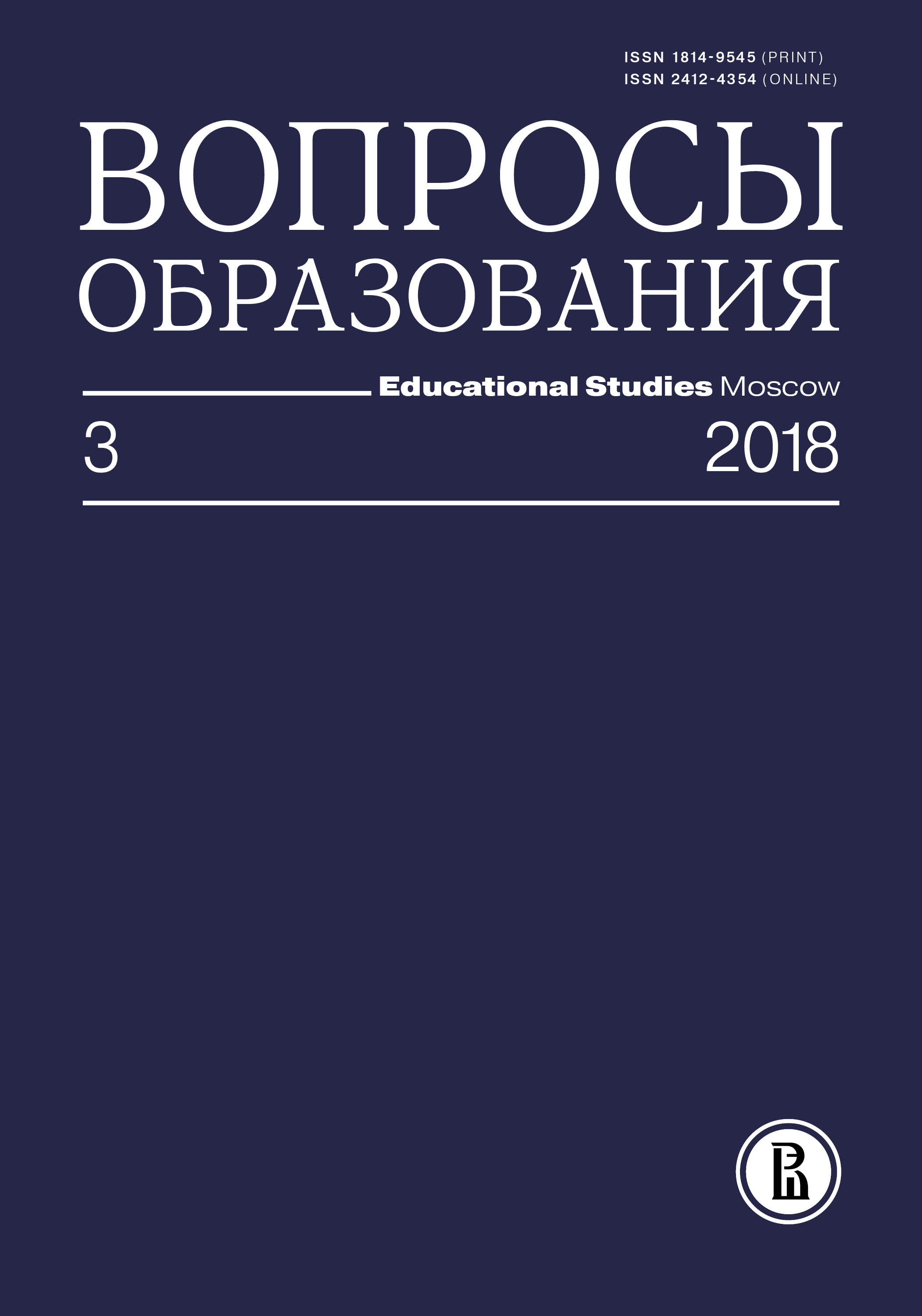Влияет ли мотивация учителя на мотивацию учащегося. Опосредующая роль профессионального поведения педагога
Аннотация
Основная цель представленного исследования — проанализировать влияние мотивации педагога на его профессиональное поведение и мотивацию учащихся. Профессиональная мотивация учителя оценивается на основании его интереса к профессии, самоэффективности и ориентации на цели достижения мастерства. В качестве индикатора профессионального поведения в данном исследовании используются образовательные практики, ориентированные на цели мастерства и активизирующие познавательный процесс. Выводы об учебной мотивации ученика делаются на основании его интереса к предмету изучения и ориентации на цели мастерства. Данные были получены путем опроса учащихся (n = 434) государственных начальных школ Пенджаба — провинции Пакистана, при этом использовалась гнездовая выборка: учеников группировали по педагогам (n = 89). Чтобы проверить гипотезу о наличии зависимости между рассматриваемыми конструктами, применен многоуровневый анализ данных. Результаты дают основание полагать, что все составляющие профессиональной мотивации учителя являются предпосылками, во-первых, используемых педагогом образовательных практик и, во‑вторых, учебной мотивации учащихся. Будучи компонентом профессионального поведения учителя, образовательные практики (только ориентированные на цели мастерства) имеют значимую положительную взаимосвязь с учебной мотивацией учащихся. Авторы делают вывод, что применение учителем практик обучения, ориентированных на цели мастерства, подразумевает установку на учет интересов учащихся и контроль эффективности усвоения учебного материала каждым из них, и такие условия обучения, в свою очередь, обусловливают повышение учебной мотивации у учащихся. Помимо прямой положительной взаимосвязи между мотивацией педагога и ученика, существует и опосредованное влияние мотивации педагога — через образовательные практики, ориентированные на цели мастерства.








